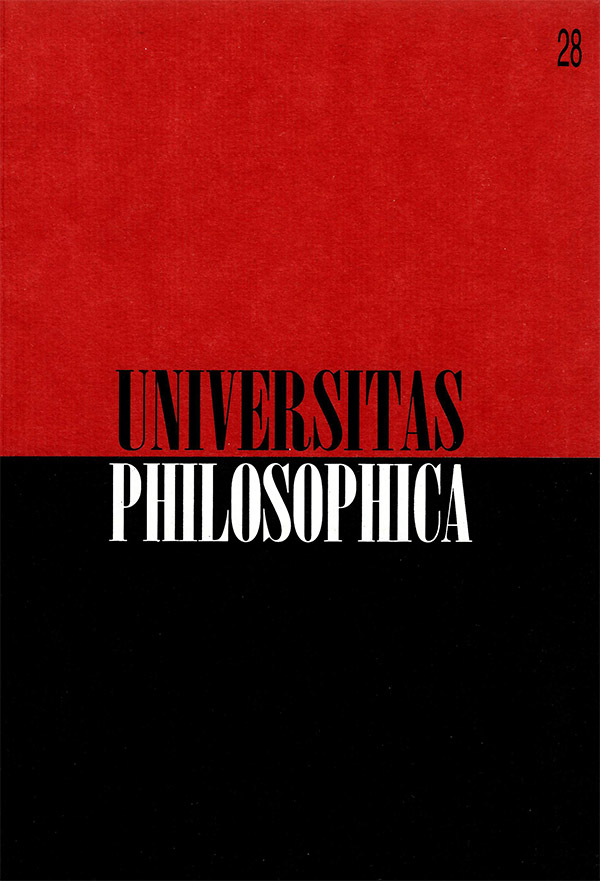Abstract
This paper deals with the concepts of humour and sensus communis, as proposed by Shaftesbury's Sensus Communis.An Essay on the Freedom of Wit and Humour. As a sort of weapon of reason, humour becomes a truth criterion. As a natural feeling, sensus communis, distinguishes itself for its immediacy. This quality allows us to judge both, actions and works of art, as good or bad, beautiful or ugly. Thus, by sensus communis the beauty criterion is shifted from the form and intrinsic rules of the works of art to the effects these have on the spectator and his/her ability to judge them. By these turnover, Shaftesbury opens the way to Aesthetics as anautonomous discipline.This journal is registered under a Creative Commons Attribution 4.0 International Public License. Thus, this work may be reproduced, distributed, and publicly shared in digital format, as long as the names of the authors and Pontificia Universidad Javeriana are acknowledged. Others are allowed to quote, adapt, transform, auto-archive, republish, and create based on this material, for any purpose (even commercial ones), provided the authorship is duly acknowledged, a link to the original work is provided, and it is specified if changes have been made. Pontificia Universidad Javeriana does not hold the rights of published works and the authors are solely responsible for the contents of their works; they keep the moral, intellectual, privacy, and publicity rights.
Approving the intervention of the work (review, copy-editing, translation, layout) and the following outreach, are granted through an use license and not through an assignment of rights. This means the journal and Pontificia Universidad Javeriana cannot be held responsible for any ethical malpractice by the authors. As a consequence of the protection granted by the use license, the journal is not required to publish recantations or modify information already published, unless the errata stems from the editorial management process. Publishing contents in this journal does not generate royalties for contributors.


